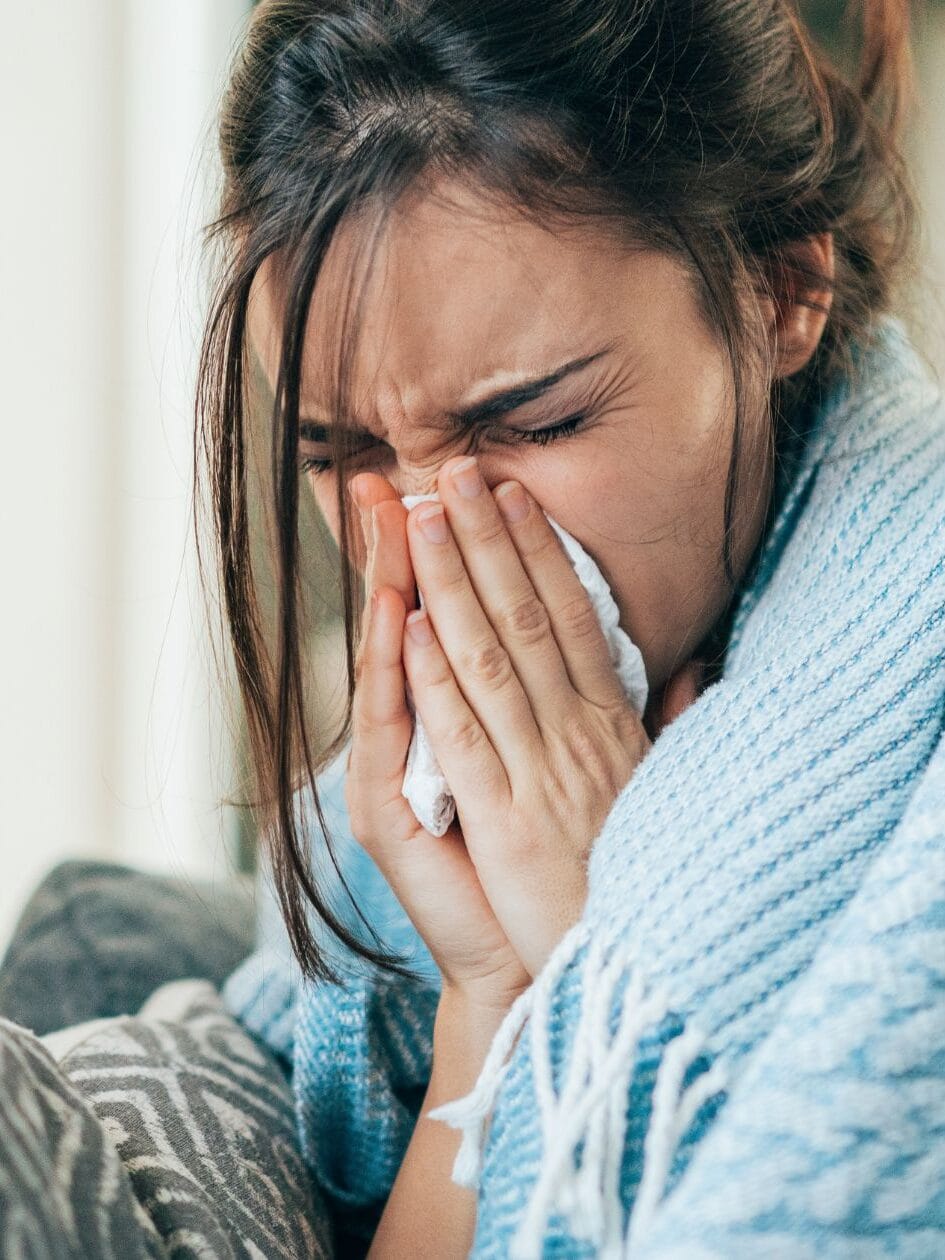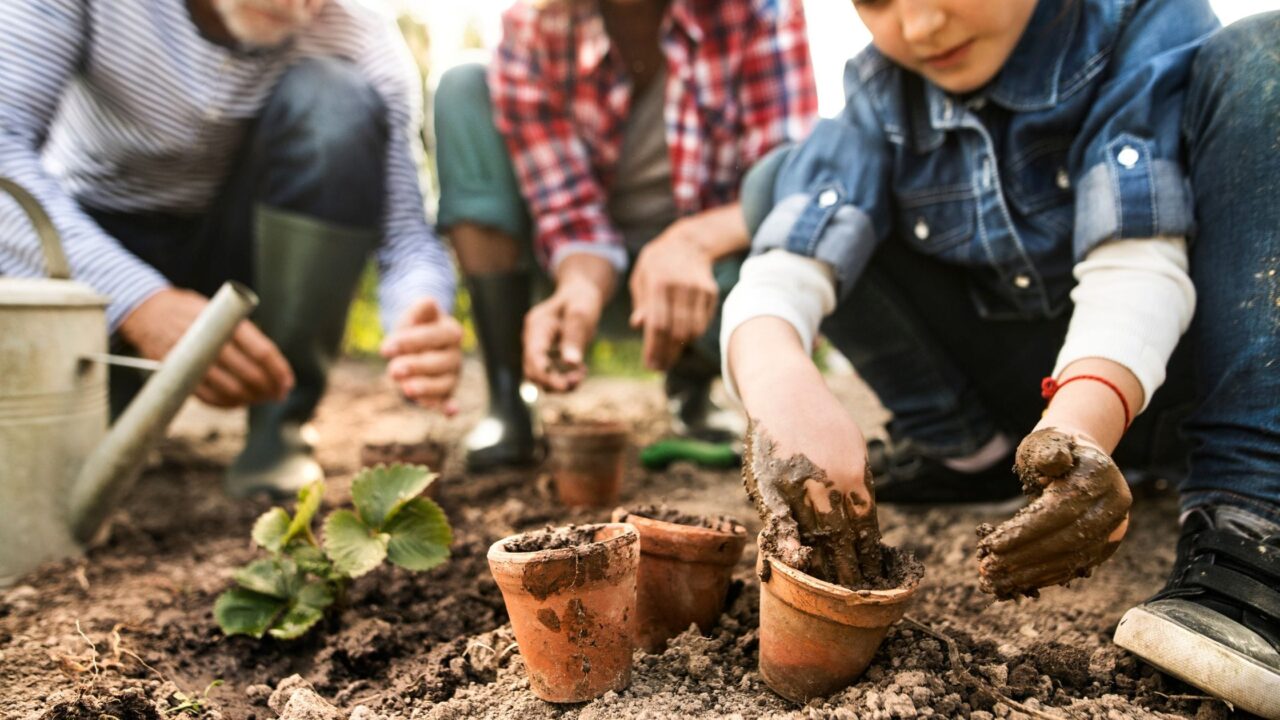Most of us don’t think much about the soil beneath our feet, but did you know that certain infections can come from soil? These infections can be tricky to diagnose because their symptoms often look like those of common illnesses. If you’ve been feeling unwell and can’t figure out why, it might be worth considering whether a soil-associated infection could be the cause.
What Are Soil-Associated Infections?

Soil-associated infections are caused by bacteria, fungi, or parasites that live in the ground. They can enter your body through breathing in dust, getting a wound infected with contaminated soil, or even drinking contaminated water.
These infections are more common in people who work outdoors, travel to certain regions, or have weakened immune systems.
How Do You Know If You Have a Soil-Associated Infection?
Since these infections don’t always have obvious signs, here are some key symptoms to watch for:
Flu-Like Symptoms That Won’t Go Away
- Fever and chills
- Tiredness and weakness
- Muscle or joint pain
Many soil infections start with general flu-like symptoms. If you’ve been feeling this way for more than a few days and aren’t getting better, it could be something more than a simple cold or flu.
Breathing Problems
- Coughing (sometimes with mucus or blood)
- Chest pain
- Shortness of breath
Some fungal infections from soil, like histoplasmosis and coccidioidomycosis (Valley fever), affect the lungs and can feel like pneumonia or even tuberculosis. If you have a lingering cough and difficulty breathing, especially after being around dust or soil, you should see a doctor.


Skin Wounds That Won’t Heal
- Red, swollen, or painful sores
- Ulcers or open wounds that take weeks to heal
- Pus or discharge
Bacteria like Burkholderia pseudomallei (melioidosis) or Mycobacterium ulcerans (causing Buruli ulcer) can infect cuts and scrapes, leading to stubborn wounds. If you have a sore that isn’t getting better, even with treatment, a soil infection could be the cause.
Severe Stomach Issues
- Ongoing diarrhea
- Nausea and vomiting
- Unexplained weight loss
Some parasites and bacteria from soil, such as Strongyloides stercoralis, can cause long-term digestive problems. If your stomach issues aren’t going away, it’s worth getting checked.
High Fever and Confusion
- Fever over 38°C (100.4°F)
- Feeling disoriented or confused
- Sudden weakness or dizziness
Certain infections, like melioidosis and leptospirosis, can spread through the bloodstream, causing sepsis—a serious condition that needs immediate medical attention. If you or someone you know has a high fever and is acting strangely, seek emergency care.
How to Protect Yourself
While not all soil-associated infections can be prevented, you can reduce your risk with these simple steps:
✔️ Wear protective gear. If you work with soil or water, use gloves and masks to limit exposure.
✔️ Clean wounds properly. If you get a cut, wash it well and cover it to prevent infection.
✔️ Avoid inhaling dust. In dry or windy areas, wearing a mask or staying indoors can help reduce risk.
✔️ Be cautious with untreated water. Avoid drinking or swimming in contaminated water sources.
✔️ Pay attention to symptoms. Early detection can make a huge difference in treatment outcomes.
Need Help Finding the Right Diagnosis?
If you’ve been struggling with unexplained symptoms and suspect a rare infection, getting the right diagnosis is crucial. Ambulance International Scarborough can help you connect with top specialists in Austria or Romania, where experts in rare infections can assist in pinpointing the cause and guiding you toward the best treatment options.
Get in touch with us by email to discuss how we can support you in finding answers and getting the right care.

